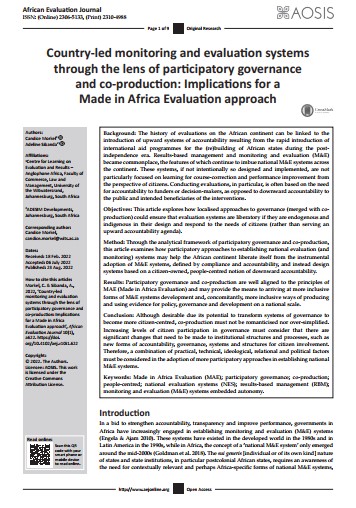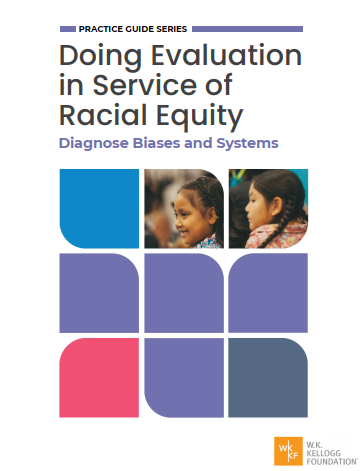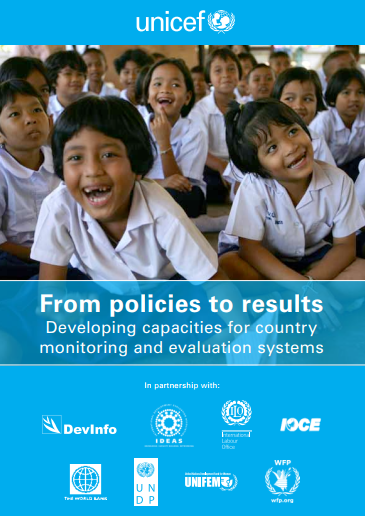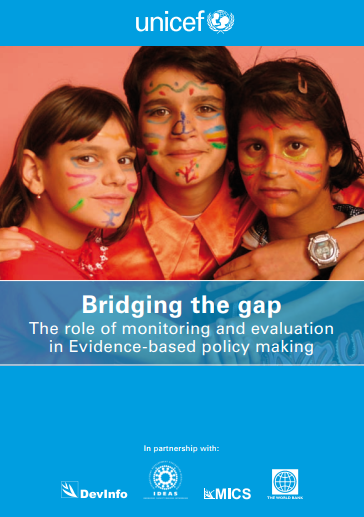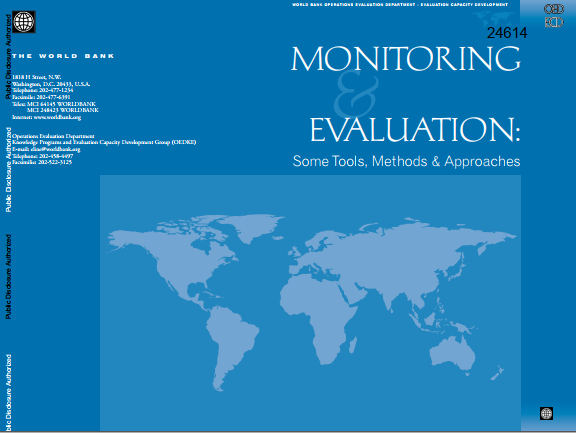332 downloads · 524 visualizações
Country-led monitoring and evaluation systems through the lens of participatory governance and co-production: Implications for a Made in Africa Evaluation approach
Background: The history of evaluations on the African continent can be linked to the introduction of upward systems of accountability resulting from the rapid introduction of international aid programmes for the (re)building of African states during the post-independence era. Results-based management and monitoring and evaluation (M&E) became commonplace, the features of which continue to imbue national M&E systems across the continent. These systems, if not intentionally so designed and implemented, are not particularly focused on learning for course-correction and performance improvement from the perspective of citizens. Conducting evaluations, in particular, is often based on the need for accountability to funders or decision-makers, as opposed to downward accountability to the public and intended beneficiaries of the interventions.
Objectives: This article explores how localised approaches to governance (merged with co-production) could ensure that evaluation systems are liberatory if they are endogenous and indigenous in their design and respond to the needs of citizens (rather than serving an upward accountability agenda).
Results: Participatory governance and co-production are well aligned to the principles of MAE (Made in Africa Evaluation) and may provide the means to arriving at more inclusive forms of M&E systems development and, concomitantly, more inclusive ways of producing and using evidence for policy, governance and development on a national scale.
Participantes


